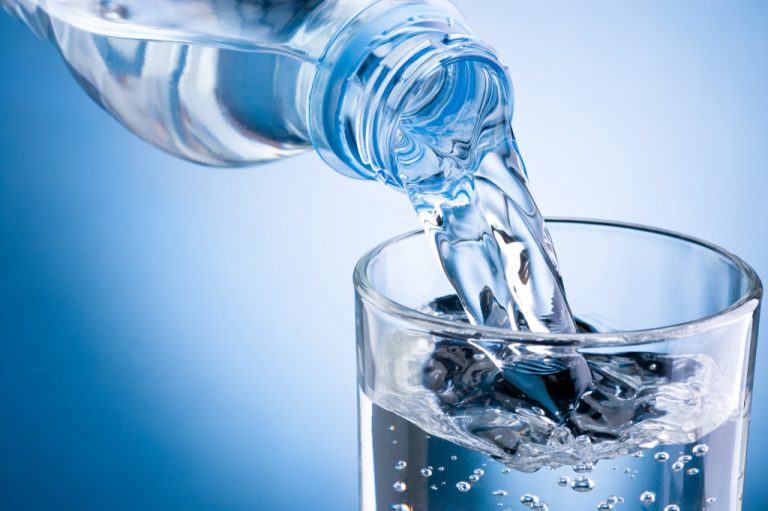Even in the time of technology, where information can be easily accessed with just a few clicks, some still believe in myths. Unfortunately, these same myths are also prevalent in the field of health.
There are many misconceptions about health that needs to be debunked. For the benefit of yourself and your family, it’s time to find out the truth and let go of these false beliefs.
You should drink eight glasses of water a day.
There is a common health myth that says you should drink eight glasses of water every day. However, this is not necessarily true. The amount of water you need depends on several factors, including your climate, activity level, and overall health. If you exercise frequently or live in a hot climate, you will need to drink more water than someone who lives in cooler weather or is sedentary. Of course, water is essential for good health, and you should stay hydrated throughout the day. But there is no need to force yourself to drink eight glasses of water if you’re not thirsty. Listen to your body and drink when you’re thirsty, and you’ll be sure to stay hydrated without overdoing it. Additionally, if you are pregnant or breastfeeding, you must increase your water intake. Ultimately, it is best to speak with a doctor to determine how much water you should drink daily.
Eating fats will make you fat.
Despite what you may have heard, eating fats will not make you fat. In fact, fats are an essential part of a healthy diet. They help keep you feeling full and satisfied after eating and provide your body with essential nutrients. Fats can be found in both animal and plant sources and come in saturated and unsaturated forms. Saturated fats are generally solid at room temperature, while unsaturated fats are liquid.
Both types of fat are necessary for good health, but limiting your intake of saturated fats is essential. Too much saturated fat can increase your risk for heart disease and other chronic conditions. So, next time you’re feeling hungry, reach for a healthy fat-rich snack instead of something sugary or processed. Your body will thank you for it!
Sugar-free soda is not harmful to your teeth.

With or without sugar, soda is terrible for your teeth. It is a common misconception that sugar-free soda is not harmful to your teeth. However, this could not be further from the truth. While sugar-free soda may not contain any actual sugar, it is often high in acidity. This acid can break down the protective enamel on your teeth, leaving them vulnerable to decay. In addition, sugar-free soda usually contains artificial sweeteners, which can promote cavities by increasing the growth of bacteria in the mouth. For these reasons, it is best to avoid sugary drinks altogether or limit your consumption. If you have doubts, talking to a professional dentist can help clear any misconceptions. They can make you understand how sugary drinks affect your teeth and what you can do to prevent damage.
Eating at night will make you fat.
The belief that eating at night will make you fat is another misconception that needs to be debunked. Eating at night will not make you fat. In fact, it is actually the time of day that you eat that has an impact on your weight. If you eat more calories than your body needs, you will gain weight, regardless of when you consume those calories. So, if you’re looking to lose weight, it’s essential to focus on eating a healthy diet and getting regular exercise, rather than worrying about the time of day that you eat.
You should avoid carbs if you want to lose weight.
Carbs have gotten a bad reputation in recent years, but they are actually an essential part of a healthy diet. Carbs are a significant source of energy for your body, and they should not be avoided if you’re trying to lose weight. In fact, complex carbs like whole grains can help you lose weight by keeping you feeling full and satisfied after eating. So, next time you’re feeling hungry, reach for a healthy carb-rich snack instead of something sugary or processed. Your body will thank you for it!
You need to sweat for a good workout.
Sweating does not necessarily mean that you are getting a good workout. In fact, you can sweat profusely and still not be breaking a sweat. The amount you sweat depends on many factors, including your fitness level, the temperature of your environment, and how hard you work. So, don’t worry if you don’t break a sweat during your workout. Just focus on working hard and giving it your all. You’ll be sure to see results in no time!
The bottom line
These are just a few health myths that need to be debunked. It’s important to separate fact from fiction regarding your health. So, next time you hear a health myth, do your research and get the points. You will feel better knowing the truth. After all, knowledge is power!

